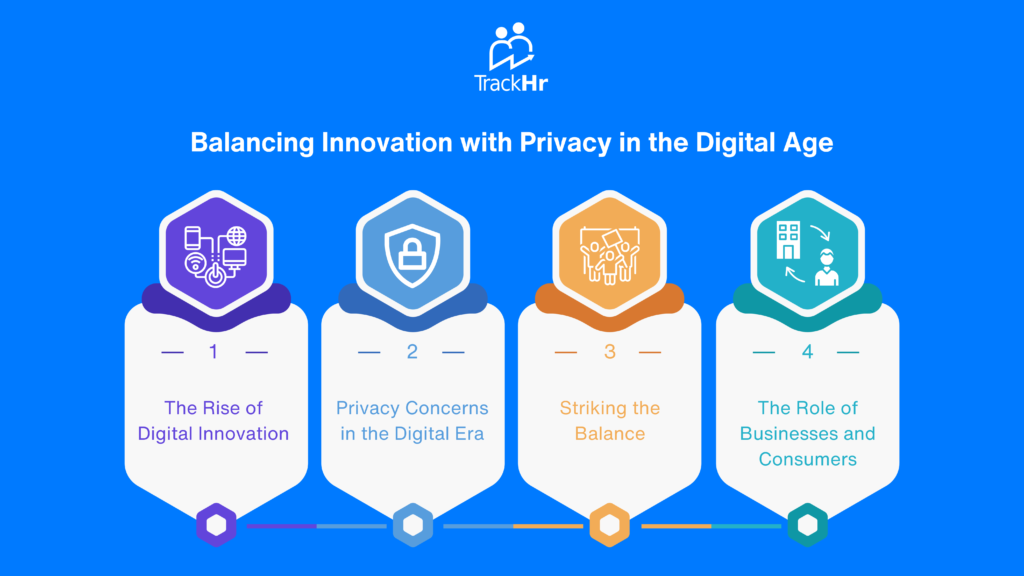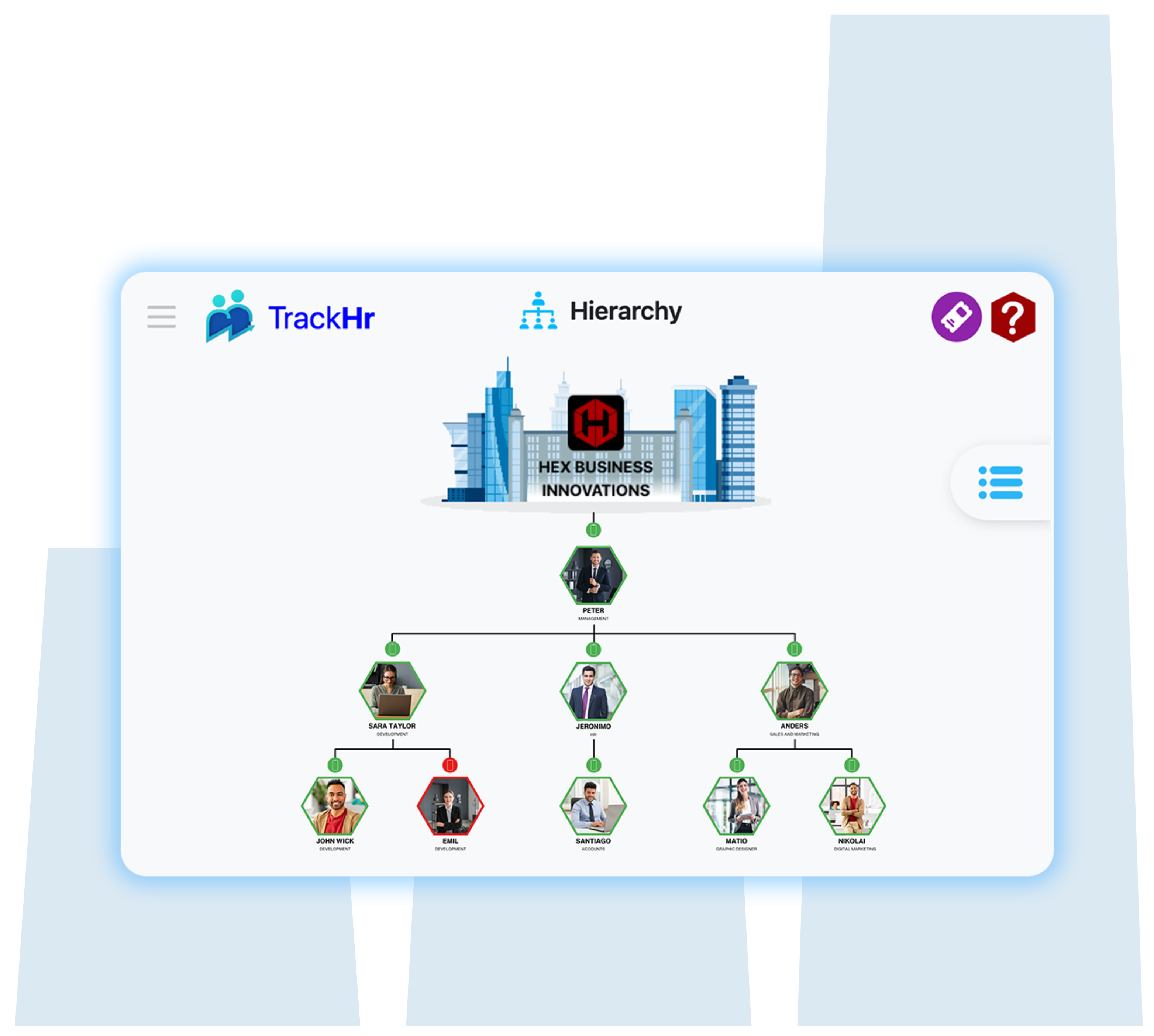Monday, 17 Jun 2024
Balancing Innovation with Privacy in the Digital Age
In today’s digital landscape, innovation and privacy often seem at odds. On one side, technological advancements promise to transform our lives with smart devices, AI-driven solutions, and seamless connectivity. On the other, growing concerns about privacy and data security challenge the ethical framework of these innovations. As we navigate this digital age, finding a balance between innovation and privacy becomes crucial for fostering trust and ensuring that technological progress benefits all.

The Rise of Digital Innovation
Digital innovation has revolutionized how we live, work, and interact. From smartphones that keep us connected 24/7 to AI algorithms that personalize our online experiences, technology has become an integral part of our daily lives. Innovations such as the Internet of Things (IoT), blockchain, and cloud computing have opened new frontiers for businesses and consumers alike.
- Smart Homes: Devices like smart thermostats and voice assistants make our homes more efficient and comfortable.
- Healthcare: Wearable technology and telemedicine provide real-time health monitoring and remote consultations.
- Finance: Blockchain and digital currencies are redefining transactions and banking.
These advancements offer immense benefits, yet they come with significant privacy implications. As more personal data is collected, stored, and analyzed, the risk of breaches and misuse escalates.
Privacy Concerns in the Digital Era
The collection of vast amounts of personal data by tech companies, governments, and other entities raises several privacy concerns:
- Data Breaches: High-profile data breaches have exposed the sensitive information of millions, eroding trust in digital services.
- Surveillance: The potential for mass surveillance by governments and corporations can infringe on individual freedoms.
- Data Monetization: Companies often monetize user data without explicit consent, leading to ethical dilemmas around consumer rights and transparency.
Privacy is not just about protecting information; it’s about maintaining control over one’s personal data and ensuring that it is used ethically and responsibly.
Striking the Balance
Balancing innovation with privacy requires a multifaceted approach that involves technological solutions, regulatory frameworks, and ethical considerations.
Technological Solutions
Advances in privacy-preserving technologies can help mitigate privacy risks while enabling innovation:
- Encryption: Strong encryption methods protect data in transit and at rest, making unauthorized access difficult.
- Anonymization: Anonymizing data can help protect individual identities while allowing data analysis for innovation.
- Edge Computing: Processing data on local devices rather than centralized servers reduces the amount of personal data transmitted and stored.
Regulatory Frameworks
Regulations play a crucial role in setting standards for data protection and holding organizations accountable:
- GDPR: The General Data Protection Regulation (GDPR) in the EU has set a high standard for data protection, giving individuals more control over their personal data.
- CCPA: The California Consumer Privacy Act (CCPA) empowers California residents with rights regarding their personal data, including the right to know, delete, and opt-out of data selling.
- Data Protection Laws: Countries around the world are adopting data protection laws to ensure privacy rights are upheld.
Ethical Considerations
Beyond technology and regulation, fostering an ethical approach to data handling is essential:
- Transparency: Companies should be transparent about data collection, usage, and sharing practices.
- Consent: Obtaining informed consent from users before collecting or using their data is critical.
- Data Minimization: Collecting only the data necessary for a specific purpose minimizes privacy risks.
The Role of Businesses and Consumers
Businesses must prioritize privacy as a core value rather than an afterthought. Investing in privacy-preserving technologies, adhering to regulations, and adopting ethical data practices can build trust and enhance brand reputation.
Consumers, on the other hand, should stay informed about their privacy rights and the data practices of the services they use. Advocating for stronger privacy protections and supporting businesses that respect privacy can drive industry-wide change.
Conclusion
In the digital age, innovation and privacy do not have to be mutually exclusive. By leveraging technological solutions, enforcing robust regulatory frameworks, and upholding ethical standards, we can create an environment where technological advancements thrive without compromising individual privacy. Striking this balance is not only essential for protecting personal freedoms but also for fostering sustainable and responsible innovation.



